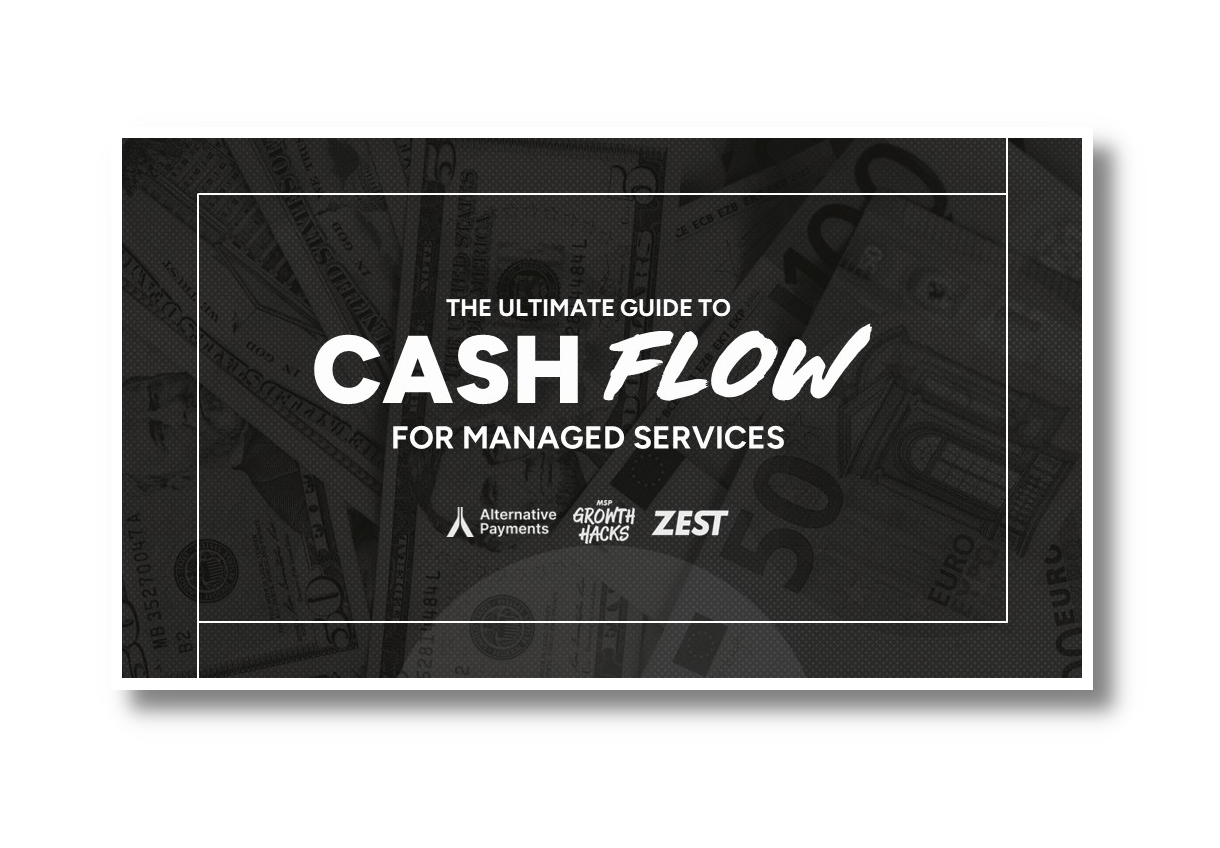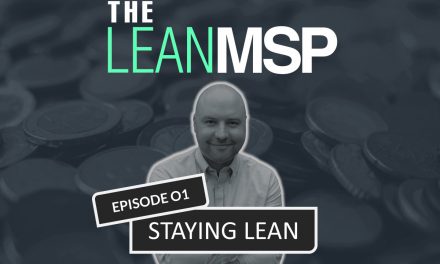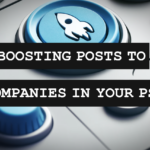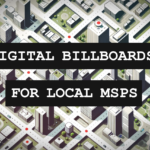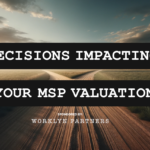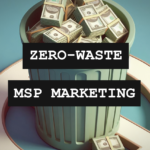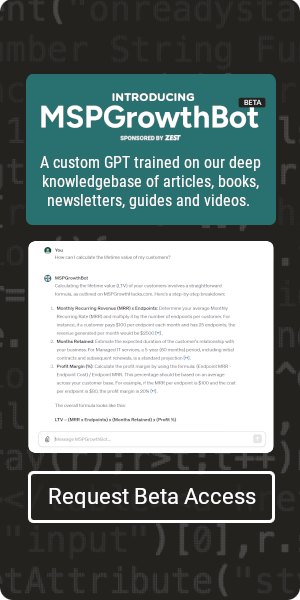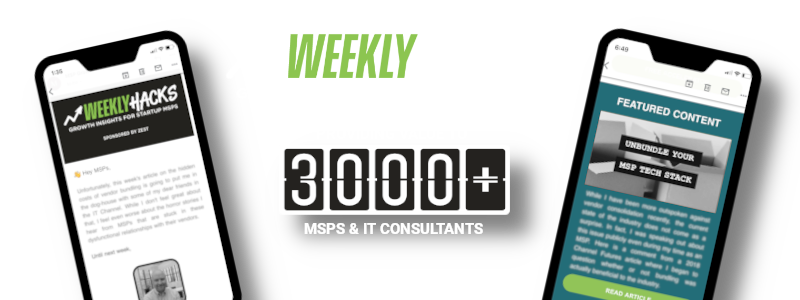Whenever I am out at a social event and run into someone I haven’t seen in awhile, they always ask the question, “what do you do?” I hate this question (mostly because no one believes this is a real job), but I eventually figured out that these conversations were great opportunities to poll everyday people on how much they know about our industry. So now, whenever I am asked, I immediately reply with a question of my own; “do you know what an MSP is?” And nine out of ten times they reply back, “no, I don’t.”
While the term has definitely grown over the years that I’ve been in the industry, I don’t believe we are at the point yet where identifying yourself as such can immediately explain who you are, what you do, and why you do it. While that day may eventually come, I wouldn’t rely on these three letters to somehow communicate all of your immense value to those on the outside. I am not the first to say this and I definitely won’t be the last.
It Helps To Have A Default Identifier
Before I go any further, I want to point out that there are a lot of benefits to identifying as an MSP. Seven years (or so) ago, I recall the first time I stumbled across this term and it suddenly seemed to unlock treasure troves of new information that were hidden before because I didn’t know the secret passcode. Suddenly, any time I needed information that was relevant to our business, I always had those three letters to turn to. It also made me realize that we were a part of something bigger than just our small company and that there was no limit to where we could go.
The same reason why this was valuable to me, is also why I believe this is most useful as an “industry-term.” While I sincerely applaud the efforts of some of the early MSP pioneers, I am not sure if their intention was to ever have this be customer-facing. [I reached out to Karl Palachuk via LinkedIn to get his thoughts exactly, so I’ll update this to provide more clarity on what their intentions were and whether or not it played out the way they had intended.] The point is, you don’t have to abandon the idea of being an MSP because your Uncle Joe doesn’t know what that means. You just need to find better ways to outwardly communicate it to those that lack context.
The Ultimate Guide To Cash Flow For Managed Services
Sponsored by Alternative Payments & Zest
Why Business Owners “Just Don’t Get It”
When my son was three-years old he used to love to play animal flash cards. We would flip through a deck of almost 80 different animals and through hours of repetition he would be able to name almost every single one. While at first we thought he was brilliant (what parent wouldn’t), we eventually noticed that when asking him to name an animal based on a picture outside of those flashcards he never could. After this persisted, we finally figured out that he wasn’t learning how to identify animals as we thought, but simply memorizing words that correspond to the exact pictures on the cards. To actually learn to identify a “cow” for example, he would have needed to see tens or even hundreds of pictures of different cows so that his brain could understand how and why to group these things together.
This is why I believe even Business Owners who work with an MSP on a daily basis, still may not have a basis of understanding on what the term actually means. Unless they are actively looking for an IT solution, visiting tons of MSP websites (all of which may or may not include the term “MSP”) and subconsciously connecting the dots, then chances are their exposure is too limited for comprehension. Since most IT contracts are multi-year deals, this Business Owner likely would only do this once every three years at the most, which in my opinion is just not a frequent enough behavior for this to truly sink in.
Pitfalls Of Calling Yourself An “MSP”
Aside from being hunted down by every vendor in the IT Channel, there are several other pitfalls of assuming the identity of an MSP. For one, it becomes almost this invisible rulebook that you are obligated to follow, as now you suddenly have to make sure that every part of your business model lines up with what an MSP is and does. While this can be helpful, and act almost as a “north star” for those that may be lost, it can also be a major hindrance to growth. Essentially by doing this, you are training yourself to think just like every other MSP would.
When I think about positioning an MSP in the market right now, I would be looking to do the complete opposite. For example, if the guidance on Managed Services told me to go right, I would immediately start to feel out what the implications are of going left and how I could make it work to my advantage. By doing this enough times, you will eventually find yourself in uncharted territory. While this can be frightening, it can also be a place of unrivaled opportunity if you get it right.
The Ultimate Guide To Cash Flow For Managed Services
Sponsored by Alternative Payments & Zest
Perception Is Reality For Customers
This week inside our MSP Spark social network, an IT Founder voiced their concern about their current website and the lack of traffic to it. To his frustration, he ranks #1 for the term “Managed Service Provider” in his area, but this yields almost no traffic as a result. While he received a lot of great suggestions on ways to increase traffic from our members, I am still very sympathetic to this position. Imagine an entire industry telling you for years, “you have to be an MSP,” so you successfully assume this identity, only to have it yield nothing organic in return. It’s frustrating, and he is not the only Founder I have come across in this position.
What it comes down to is that we are what our customers and prospects think we are. Sure, we can educate them along the way and slowly hope that they see us the way we see ourselves, but this is a best case scenario. We need to be willing to meet them at their place of understanding, even if we feel that is a slight misinterpretation of what we do. As long as you continue to make it about the customer and not yourself, you will eventually figure out who you are and what that means to them, and can leverage this information to find more of the same.

SPONSORED BY ZEST

